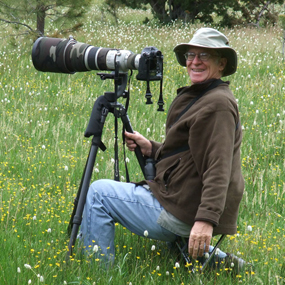

Join BirdNote tomorrow, November 30th!
Illustrator David Sibley and actor H. Jon Benjamin will face off in the bird illustration battle of the century during BirdNote's Year-end Celebration and Auction!
Fifty years ago, the winter bays of Long Island Sound were black with Greater Scaup. "Broadbills," as hunters called them, gathered in huge flocks between Old Saybrook and Greenwich. But the average number of Greater Scaup wintering on Long Island Sound has declined, and lately, the winter population has remained below ten thousand. Why? For generations, Connecticut rivers, as well as sewage treatment plants along the shore, discharged contaminants into the sound. In addition, exotic zebra mussels and declining winter ice in the Great Lakes have caused thousands of Greater Scaup to "short-stop" there on their migration from Western Alaska.
BirdNote®
Greater Scaup Decline on Long Island Sound
Written by Todd Peterson
This is BirdNote.
[Wing sounds and calls of Greater Scaup and shoreline sounds of water]
Fifty years ago, the winter bays of Long Island Sound along the Connecticut shore were black with Greater Scaup. “Broadbills,” as hunters called them, gathered in huge flocks between Old Saybrook and Greenwich. But according to Dr. John Barclay of the University of Connecticut, “Between 1955 and 1995, the average number of Greater Scaup wintering on Long Island Sound declined 82%....”(1) Since then the winter population has remained below ten thousand.
[Call of Greater Scaup]
Why the precipitous decline?
Polluted and warming waters and malnutrition play a role. For generations, Connecticut rivers, as well as sewage treatment plants along the shore, discharged contaminants into the sound. [For years, an underwater communication cable leaked PCBs.] This pollution, including heavy metals, has, in some places, wiped out the small organisms at the base of the sound’s food chain. And the clams, mussels, and zooplankton on which Greater Scaup feed concentrate these toxins at levels capable of damaging the birds’ ability to reproduce.(2)
In addition, the introduction of exotic zebra mussels and declining winter ice in the Great Lakes have caused thousands of Greater Scaup to “short stop” there on their migration from Western Alaska.
[Small waves, calls of Greater Scaup]
And so for now, we are left with memories of long skeins of Broadbills trading down sound in the wan light of a November dawn. [Greater Scaup flying]
For BirdNote, I’m Michael Stein.
###
Bird sounds provided by The Macaulay Library of Natural Sounds at the Cornell Lab of Ornithology, Ithaca, New York. Calls and flight of Greater Scaup 137832 recorded by Gerrit Vyn.
Producer: John Kessler
Executive Producer: Chris Peterson
© 2012 Tune In to Nature.org November 2012 Narrator: Michael Stein
ID# GRSC-01-2012-11-05 GRSC-01
1/ John S. Barclay Ph.D. and Jonathan Cohen, Scaupnet (newsletter). Long Island Sound Greater Scaup Study, University of Connecticut and John S. Barclay Ph. D., “Status of Greater Scaup in North America”
2/ John. S. Barclay Ph.D. Personal Communication, July 17, 2012. Dr. John S. Barclay, Department of Natural Resources (860) 486-2840; [email protected]; [email protected]; (860) 429-2526




